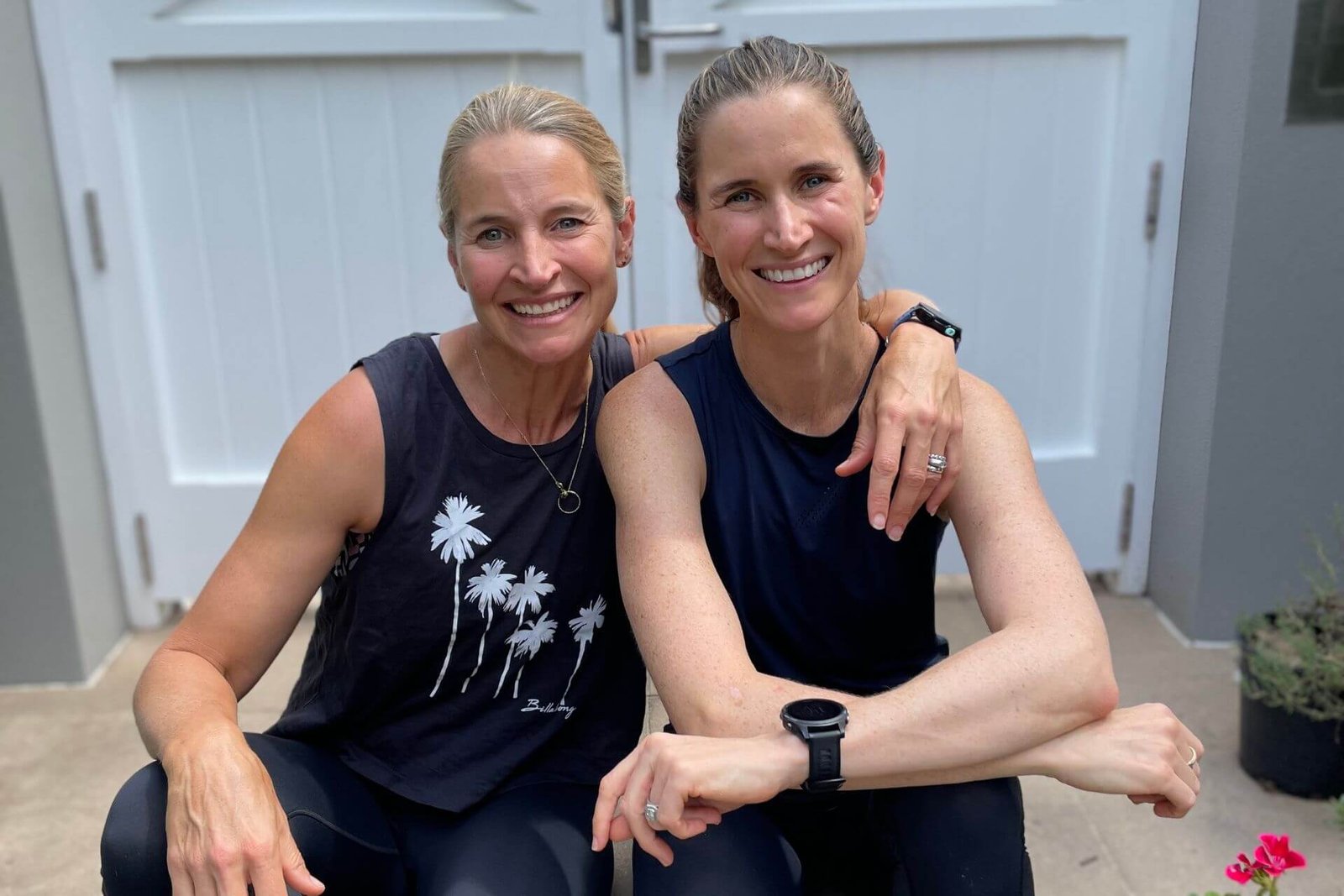If you hadn’t heard, obesity and type 2 diabetes rates are skyrocketing in kids and appearing at younger and younger ages. For the very first time in recent history our children may have an average life expectancy lower than ours. While the current, first world, health crisis is well documented – these figures about our children should have us all mortified!
But, for some reason, we aren’t. Are we so desensitised to the ‘health chat’ now that it no longer has any impact? Do we write it off as scaremongering? Or, is it just, all too hard?
Well, let’s look at why it is important to get our kids to eat better?
Nutrition and obesity
Eating habits in childhood play a huge role in a person’s future health, both in the short term and long term. About 10 years ago, a team of Swedish researchers found that humans determine their total number of fat cells in childhood and that this remains ‘set’ into adulthood. New cells spring up and old ones perish, but their numbers change little after adolescence. The important thing to note though is that the numbers are set, that is, they don’t increase but also, they then never decrease.
Once fat cells have been added to your cellular makeup – they cannot be removed – EVER!
These results help to explain why so many overweight and obese adults find it very hard to lose weight. Having built up a large supply of fat cells early in life, they’re already at a disadvantage when it comes to weight management into adulthood (and the corresponding risk of lifestyle disease).
But aren’t kids just metabolising machines, running off all of the junk food with their endless levels of energy? Well, some of them are. Some kids who are fed a full diet based on junk food are still considered slim, so often these parents think that the statistics don’t concern them (or their child). But when it comes to nutrition, a child’s size is not the only concern. It has been well documented that nutrition can also play an important role in concentration, behaviour, and ability to thrive, all critical factors in a child’s daily life. It is also important to be aware of the more longterm health impact and consequences of poor nutritional choices in childhood.
Reporting in the journal Circulation, scientists studied how differences in the amount of fruits and vegetables that people ate as children affected their hearts 20 years later. Adults who ate the higher rates of F&V as children, had healthier hearts in adulthood.
It is truly a modern day paradox today that children are overfed, yet remain undernourished. Many children’s diets lack nutritious food choices. In the US, more than 90% of children aged 4 to 18 don’t meet recommendations for vegetable intake, and more than 75% don’t meet guidelines for fruit intake. Moreover, more than 90% of children consume more than the recommended amounts of solid fats and added sugars. 1. The statistics in Australia are not far behind.
While most parents (we hope) agree that basic foods like healthy proteins and fresh veggies are important staples for the little ones, the issue of child nutrition is hardly a clear cut one anymore. With sports to play, music practices to attend and a social schedule that would have made us dizzy at their ages, most kids these days (and their mums!) sometimes just aren’t home at meal times much. This rapidly paced lifestyle makes it easier for us all to justify take-aways or fast food, even if we know that it is not our best choice.
Poor Nutrition and Learning
In addition to the well-researched health consequences of poor nutrition in children, there are potential education-related implications of poor eating patterns and sedentary lifestyles.
It is now also clear that nutrition behaviors such as eating breakfast, adequate fruit and vegetable intake, better diet quality, and lower consumption of sugar-sweetened beverages, are supported by a growing body of evidence for their role in academic performance and their impact on behaviour and learning outcomes.
Role of parents
As parents, you are almost entirely in charge of what your child(ren) eat for most of the early years of their life. Even as children grow old enough to make their own choices, they are still consuming 2 of their 3 main meals under your roof and filling their lunch box each day with food from your kitchen. The responsibility for what your children eat, lies with us as parents. I am often confused by parents who feed their kids food, that I know that they wouldn’t dream of eating – lots of the so-called “kids meals”. At their most vulnerable time in terms of development of both their brain and body, we feed our children food that we wouldn’t even eat?!? Where is the logic in that?
Now, let’s think about this…. Let’s think of those beautiful little bodies and how they are growing and their brains are developing. The amount of information that these little bodies will learn in those first 10 years of their life is incredible and surely we want to support this process to flourish! As parents, inherently we all want the very best for each of our children and we need to understand the critical role that nutrition has in allowing our children to really reach their potential, both physically and mentally. A focus on trying to consistently give our children access to the best and most nutritious foods that we can, particularly while we still have the opportunity to do so, has such incredible health benefits, long after your children leave home.
Attempting to change established family eating habits can seem overwhelming to lots of parents, but according to Heather Brown, lead author and a lecturer in health economics at Newcastle University, the message for parents, is to be a culinary role model. If you choose healthy foods and moderate portions, your children will take note. Moreover, it’s important to start early. When researchers looked at 10-year-olds, their behavior had already stabilized, suggesting they learn eating norms in early childhood. So, not only are we encouraging our kids to make different choices to nourish themselves, but by modelling that behaviour ourselves, they will primarliy learn from us (and this give us another motivation to pursue better options ourselves!).
As you can see, the consequences of the food choices that we are making for our kids can be far-reaching. We are all busy and life is hectic and tricky. The fast, quick food options may be convenient and be an easier option for us, as parents, but offer less than healthy options for both our kids (and us) to thrive. Interestingly, when it comes to our kids’ health, we certainly ‘fight the good fight’ when it comes to brushing their teeth, wearing their seatbelt, or regularly putting on sunscreen – their diet and food choices should be no different. And if you think about the long term impact, it is no less dramatic.
As parents there always seems to be incredible pressure to be doing something ‘better’ or ‘differently’ and lots of us are already stretched very thin when it comes to our kids. But we really feel so passionately about family nutrition and taking a little extra time to ensure that your children consistently have access to good, nutritious food choices and ensuring that those “sometimes” foods remain just that. You are literally helping to set them up for a much easier shot at good health not only now, but into adulthood and what could be more important than that. But as always, it is NOT about perfection, but consistency.
Want More?! Read Part Two in our Kids Nutrition series for some tips on How we can get them to eat better. And for our finale we have our Nutrition guru Carissa Mason from the JNC Clinic giving us some tips on What should our kids be eating?
Follow us on IG for tips, tricks and family meal ideas to help you deliver good, nutritious food for both you and your kids, as often as you can.
1. Kreb-Smith S, Guenther P, Subar A, Kirkpatrick S, Dodd K. Americans do not meet federal dietary recommendations. J Nutr. 2010;140(10):1832-1838.






